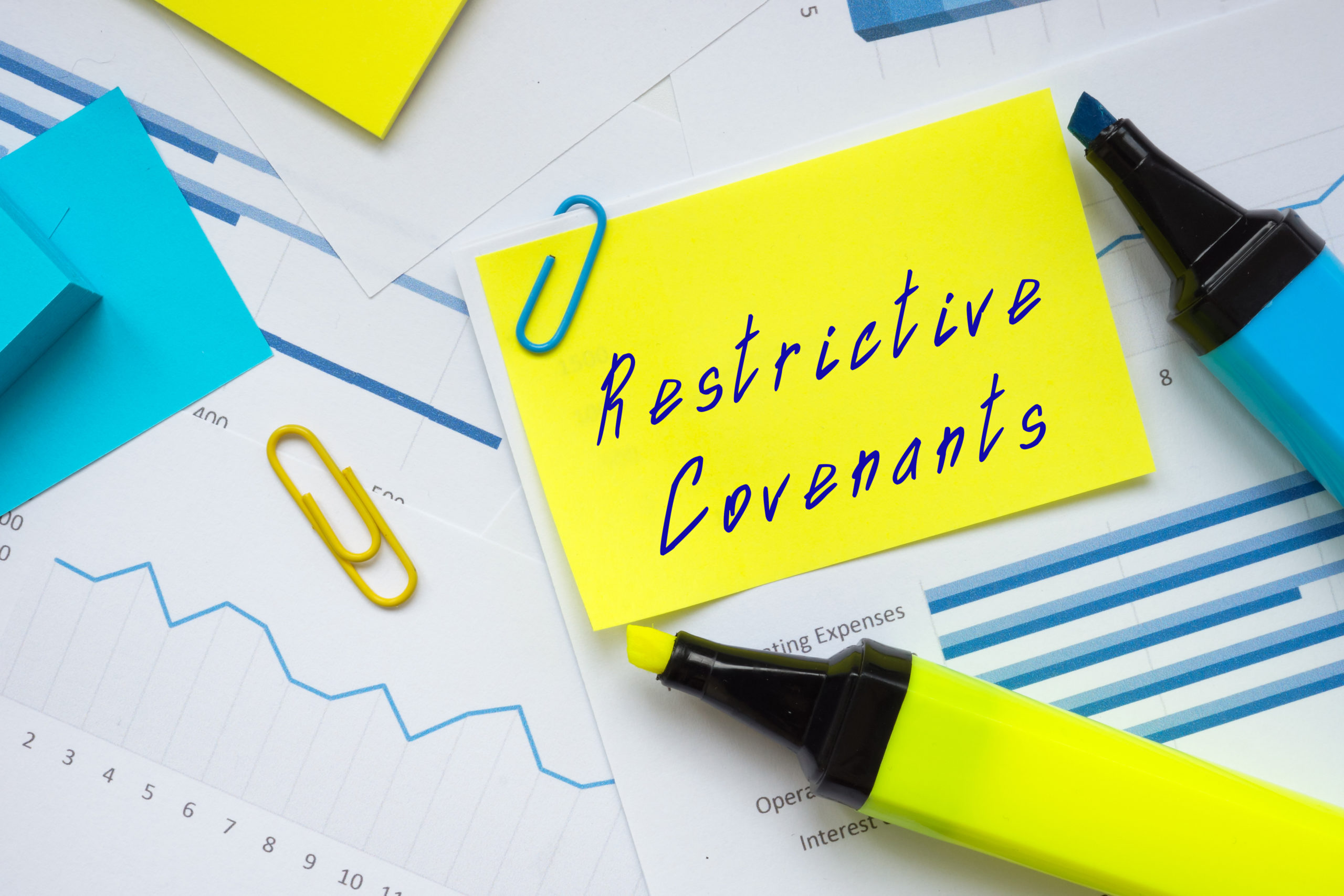How employers can support their Muslim employees during Ramadan
As the holy month of Ramadan begins on Thursday 23 March 2023, Muslims in the UK and around the world will be preparing for Eid and celebrating through prayer, spiritual reflection and fasting. Here, Beyond Corporate Employment Director, Lucy Flynn, looks at how employers can support their Muslim Employees throughout Ramadan.
At the 2021 census, around 6.5% of the UK population described themselves as Muslim, which means that there is a good chance that you, a colleague or friend will be celebrating. However, many employers are unsure of their Muslim employees’ rights during Ramadan, and how best to support them.
The festival of Eid al-Fitr, or the Festival of the Breaking of the Fast, marks the end of Ramadan, which lasts for around 30 days. During the months of Ramadan, many practising Muslims will:
- Focus on prayer and recite the Quran
- Give to charity
- Fast from dawn to sunset (for those who are fit and able to do so)
A typical day during Ramadan for a practising Muslim would normally include:
- Waking before dawn to eat the first meal of the day
- Performing a morning prayer at dawn
- Abstaining from all food and drink (including water) during daylight hours
- At the call to evening prayer, breaking the day’s fast with a small meal (called an Iftar)
- Performing evening prayers
- Having a larger meal, often with friends and family later in the evening
For the most part, many practising Muslims go about their normal days during Ramadan, despite fasting. This being said, employers should be encouraged to support staff to balance their work commitments during the holy month.
From a legal perspective, employees with 26 weeks’ service are entitled to make a formal written request for flexible working during Ramadan (or at any time), and if they do so an employer can only refuse for one of the specified statutory reasons. Such requests are likely to be for a short time only, and employers should try to accommodate them if possible.
From a practical perspective, there are other, less formal, ways in which employers can support their Muslim employees during Ramadan, such as:
- Allowing remote working, which can remove the commute and allow more rest time
- Offering short breaks throughout the day for rest or prayer
- Trying to avoid attendance at back-to-back meetings
- Considering flexible working time, i.e. changing start, end and break times
- Wishing them well – “Ramadan/Eid Kareem” (which means “have a generous Ramadan/Eid”) or “Ramadan/Eid Mubarak” (which means “have a blessed Ramadan/Eid”)
For clarity and openness, employers might want to introduce a company-wide policy which sets out its approach to religious festivals and holidays and caters for all religions.
This article is not provided as advice and should not be relied upon as such. Should you require legal advice from our corporate team, email us at Hello@beyondcorporate.co.uk
By Lucy Flynn















































































